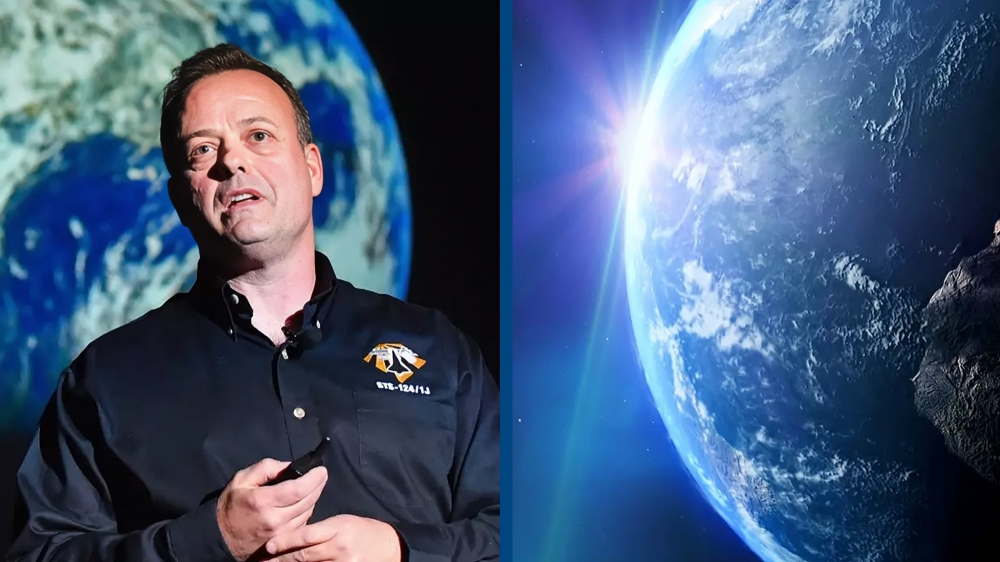
The Overview Effect is a term used to describe the perspective astronauts gain when viewing Earth from space. This rare experience has changed how they see the planet and its challenges.
Fewer than 600 people in history have seen Earth from outer space. Those who have describe it as a humbling realization that borders, racial divides, and other human-made issues fade away from such a distance. They also notice how incredibly thin the Earth’s atmosphere is, a fragile layer that sustains life.

In 1968, the Apollo 8 crew, the first to orbit the moon, described this feeling. Commander Frank Borman called the view “what God must see.” Many astronauts have been moved by seeing the Earth at night, where city lights resemble glowing nerve cells in a living organism. Ron Garan, describing Shanghai, noted how the connections between cities resemble the intricate design of a brain’s nerve system.
Astronauts often reflect on the fragility of Earth and the need to protect it. They find it hard to justify why issues like inequality or environmental neglect persist when viewed from such a distance. Garan said, “From space, it’s clear we treat Earth as a resource, not as a shared home.”

For most people, traveling to space isn’t possible, but similar perspective shifts can happen here on Earth. Staring at the vast ocean, standing on a mountain, or looking into the Grand Canyon can make personal problems feel insignificant.
Traveling and meeting new people from different cultures also offers insights into how connected we all are, despite our differences. These experiences remind us of the importance of preserving the planet and recognizing our shared humanity.

Whether seen from space or experienced on Earth, this shift in perspective is a reminder of the beauty and fragility of our world and the need to work together to protect it.
